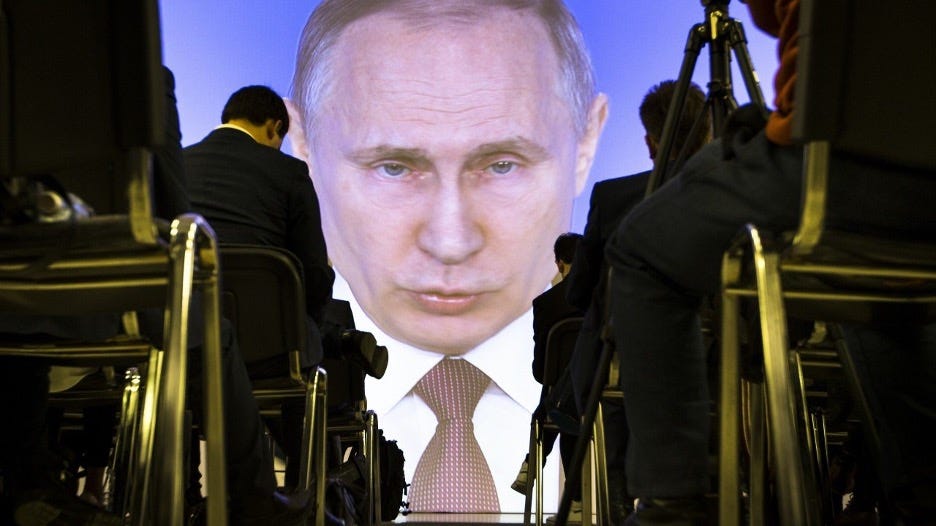Do-Something-Ism
There is a repeating cycle of American governmental dysfunction. We throw solutions against the wall to see what sticks, and if we fail, we just keep on throwing. How we use our military is probably the best example: we have a military budget larger than the next six nations combined (5 of which are our allies). Yet, we have not prosecuted a war that furthered our interests (or upheld the rights of the people involved) since the Korean War.
Addressing terrorism using the military illustrates the tendency even more clearly: we exaggerated what is really an outlier threat and built a massive infrastructure to address it. America has spent nearly 3 trillion dollars on counter-terror just at home (not counting the wars in the Middle East), with cases foiled in numbers you can count on fingers and toes. Whatever Russia does to Ukraine, evil as it is, affects us in no direct way (unless it escalates beyond Ukraine's borders).
Let's call this cycle Do-Something-Ism (DSI). We have not achieved any clear objectives with our military because, at some point, war itself became DSI. DSI happens with a lack of clarity. A war on a noun (see: War on Terror, War on Poverty) cannot ever be fought with clear objectives, or clear outcomes.
The pattern is playing out again in our management of Putin's Ukraine invasion. The only direct solution to the problem has been the one applied by the Ukrainians themselves: the age-old remedy of citizens holding their ground. This is precisely where our multitudinous DSIsms to solve Afghanistan (and Iraq) failed: Americans can't have an Afghanistan policy that Afghans don't individually stand and fight for.
Menus of policies about what to do about Russia's aggression are being offered, from no fly zones to sanctions. Notice, however, the gulf between the experts selling more DSI and their failure to predict Ukrainians would go this far in solving the problem themselves. All the experts told us Ukraine should be written off, and they are still basing their DSI sales on their wrong assessments. After all these years of war analysis in the Middle East, it seems the clarity of a natural nation state that her citizens are invested in, one that they are willing to stand and fight for, has escaped notice.
The experts have been just as wrong on the DSI of sanctions, historically. We had nearly an identical problem for the decade Saddam Hussein vexed the global status quo. The sanctions we put on Iraq only harmed regular Iraqis. It amounted to Doing Something to Iraqis in order to affect the man Iraqis had no more control over than we did. Sanctions have been in place against the Castro brothers in Cuba for a half century to no discernible effect, other than impoverishing Cubans. We might call sanctions "collective punishment," which happens to be a violation of UN human rights law (try not to laugh). Obviously, if dictators cared for the well-being of their people, they would abdicate and reform.
The only decisive factor in Iraq's situation proved to be Saddam's army surrendering en mass rather than fighting for the dictator, when given the opportunity to vote with their actions. Russian troops in Ukraine are showing the same voting pattern, and that will provide more of a solution than all of the other DSI.
Now we have implemented the most comprehensive sanctions regime the world has ever seen. It is likely they will ruin the Russian economy. Russia's economy has been ruined many times before, however. It is almost as predictable as Halley's comet. None of the sanctions affect the one man who started this, and the only man who can end it.
One thing we can know for certain is that nuclear tensions have been the highest they have been in a generation. Pressure on Russia might fracture her fragile state. Our DSI might just create a feudal patchwork of statelets armed with intercontinental nuclear missiles.
Think about the last Russian cure for their utterly chronic disease of bad leadership before you want to try to reach one man that matters just because it's something that can be done.



